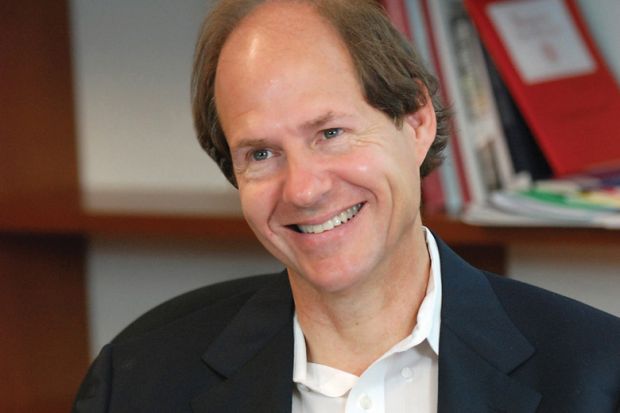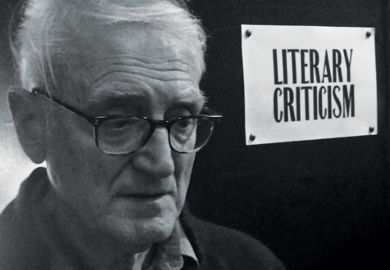What sort of books inspired you as a child?
Comic books! Nobel prizes for Spider-Man, Fantastic Four, Thor and Daredevil. The Marvel comics have a crackling energy, and they’re also funny. (My brave mother, who had a rebel’s heart, resisted the idea that kids should not read comics.) I was also inspired by Clair Bee’s Chip Hilton series, all about sports, and honour. Ty Cobb’s fiery, bitter self-defence, My Life in Baseball, amazed me. I read Somerset Maugham’s Of Human Bondage at a relatively young age (maybe 11?) – it is complicated and somewhat disturbing, certainly for a child, but it is also inspiring in its way.
Given the bad press economists often get, which of their books have been most effective in improving people’s lives?
The most obvious is John Maynard Keynes’ The General Theory of Employment, Interest and Money, which continues to influence policy. Also Friedrich Hayek’s The Road to Serfdom (an enduring warning about socialism, surprisingly passionate and full of truths) and Amartya Sen’s Development as Freedom (an enduring account of what policymakers should care about). Not widely known, Richard Thaler’s Quasi‑Rational Economics has also had a major impact in so far as it helped start the kind of thinking that has culminated in behaviourally informed policy, including “nudges”.
What books would you recommend to newcomers in your own field of behavioural economics?
The places to start are two masterpieces: Daniel Kahneman’s Thinking, Fast and Slow and Richard Thaler’s Misbehaving: The Making of Behavioural Economics (which is also really funny). Also excellent, and full of impressive policy examples, is David Halpern’s Inside the Nudge Unit: How Small Changes Can Make a Big Difference.
What is the last book that you gave as a gift, and to whom?
I gave Caroline Webb’s How to Have a Good Day to my assistant at Harvard Law School. (Everyone should read it. The best behavioural self-help book, by far.) At about the same time I must confess that I gave my own book, The World According to Star Wars, to President Barack Obama, because he’s the master of the Jedi Council. I am eager to give someone Blake Crouch’s Dark Matter (it is fabulous, a tale of parallel worlds, full of heart).
What books do you have on your desk waiting to be read?
The Oxford Handbook of Well‑Being and Public Policy, edited by Matthew Adler and Marc Fleurbaey; Larry Tye’s Bobby Kennedy: The Making of a Liberal Icon; and Lavie Tidhar’s A Man Lies Dreaming. I’ve started all three, and the last two are riveting (and the first book is really good).
Cass Sunstein is Robert Walmsley university professor in Harvard University’s law school and author of Worst-Case Scenarios; The Second Bill of Rights: FDR’s Unfinished Revolution and Why We Need It More Than Ever; Why Societies Need Dissent; and Risk and Reason. His latest book is The Ethics of Influence: Government in the Age of Behavioral Science (Cambridge University Press).
POSTSCRIPT:
Print headline: Shelf Life
Register to continue
Why register?
- Registration is free and only takes a moment
- Once registered, you can read 3 articles a month
- Sign up for our newsletter
Subscribe
Or subscribe for unlimited access to:
- Unlimited access to news, views, insights & reviews
- Digital editions
- Digital access to THE’s university and college rankings analysis
Already registered or a current subscriber?




